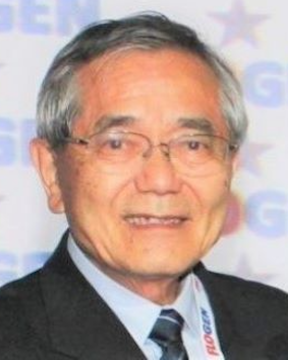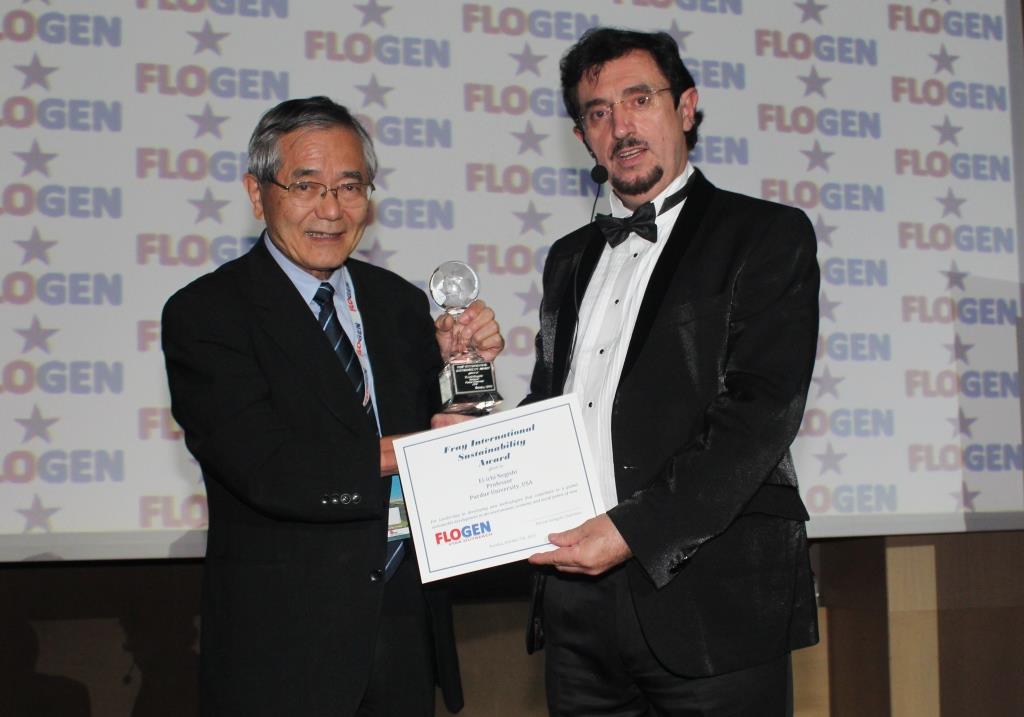About Award Winners
Politics |
Corporations |
Academia |
Research Institutions

Sustainable organic life synthesis through metals
Prof. Ei-ichi Negishi, Purdue University in Indiana, USA was laureate of 2010 Nobel Prize for Chemistry along with Richard F Heck and Akira Suzuki for their independent work on 'palladium-catalyzed cross couplings in organic syntheses.
Life is in itself a dynamic combination of carbon based organic components so, the synthesis of these organic compounds opened new frontiers in many areas of science from pharmaceutical industry (creation of penicillin etc.) to the creation of new materials such as plastics as well as to modern electronics such as light-emitting diodes (LEDs).
Carbon constitutes the basis of organic components but in itself it is in a pure form a stable and relatively nonreactive chemical. As such the synthesis of carbon based organic components is a very difficult process. The first attempts to bind carbon atoms together were successful for simple molecules, but had a big drawback for complex molecules because it creates too many by-products.
As such a catalyst was needed in order to create a favorite ground for carbon reactions and create less waste by-products. And the best catalyst for the synthesis of organic life was found to be an inorganic material, a metal: palladium. This was the ground breaking discovery of Prof. Negishi and his colleagues that started in late 1960.
Negishi cross-coupled carbon-zinc compounds and organic halides (halogen compounds such as chloride, bromine or iodine) using palladium (nickel may also be used) as the catalyst. In Negishi coupling, the palladium is first oxidized, making it even more efficient. Negishi invention is used to produce the painkiller naproxen and the cancer treatment taxol, as well as fluorescent marking for DNA sequencing and in creating materials for thin LED displays.
This is an excellent example how the so-called inorganic materials and, in these case, a metal named palladium, helps create life and helps a sustainable life. Prof. Negishi's house, near the Purdue University campus, is called 'The Palladium', a metal name for the house of an organic scientist.

Prof. Ei-ichi Negishi, Receiving the Fray International Sustainability Award from Dr. Florian Kongoli at FLOGEN SIPS 2015